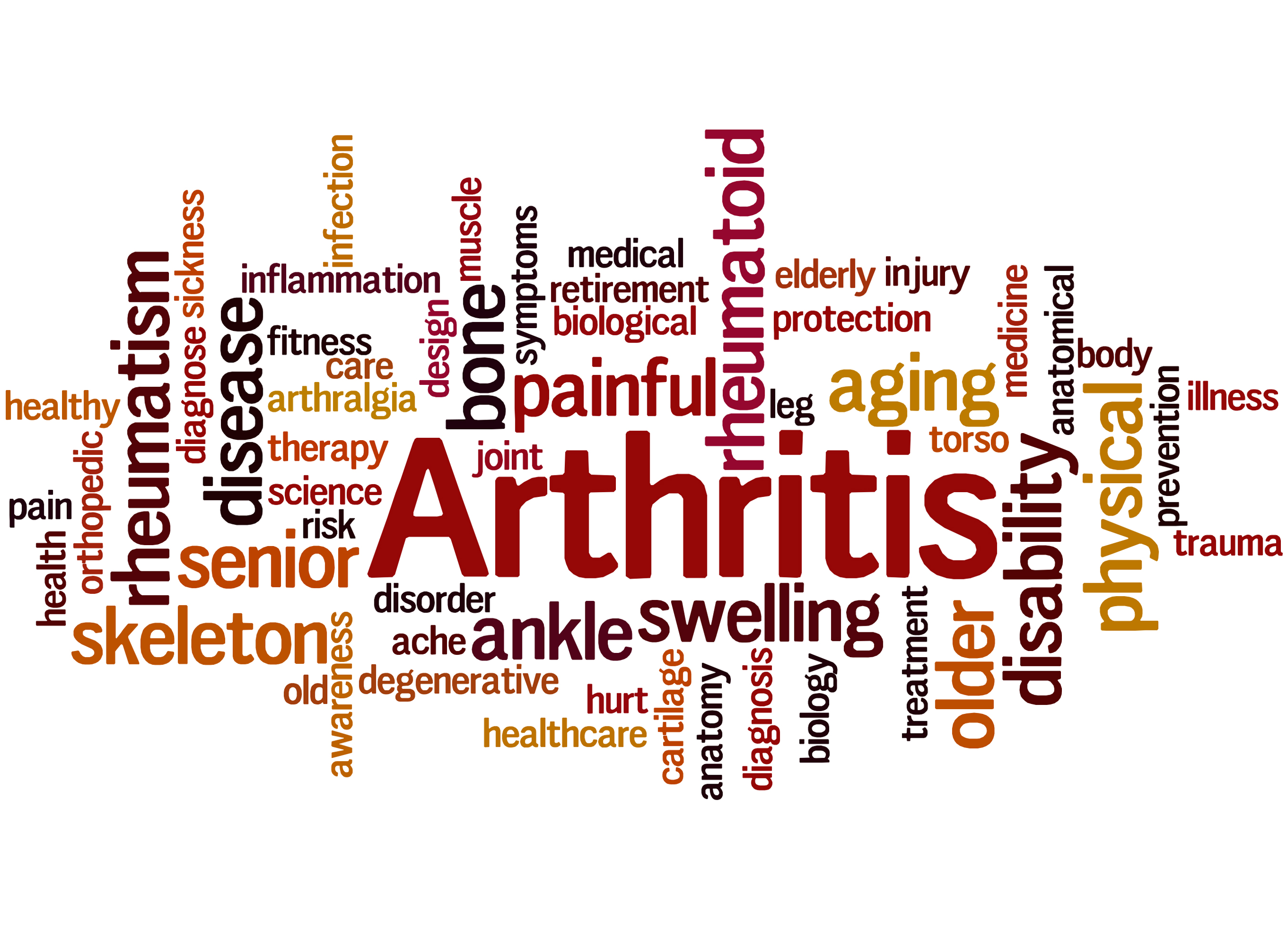
In a previous post, I discussed the causes of arthritis, which is not only the leading cause of disability in America, but also has a serious emotional impact on how people feel about their health.
The exact cause of autoimmune arthritis, such as rheumatoid arthritis and psoriatic arthritis, is unknown, although research suggests smoking, obesity, genetics, and an abnormal metabolism increase the risk. Osteoarthritis, on the other hand, is the gradual “wear and tear” of joint cartilage. This is far more common.
But what causes “wear and tear”? Overuse, repeated stress, injuries, infections, poor posture, obesity, an inflammatory diet, and lack of exercise are the primary culprits. In a perfect world, however, people would make better lifestyle choices at a younger age to prevent or slow the onset of osteoarthritis as they age.
Diagnosing Arthritis and its Causes
Before we can develop a treatment plan for arthritis, we have to get to the source of the problem. Autoimmune arthritis has the same symptoms as many other diseases, so multiple tests could be required to identify the specific cause. The degeneration of osteoarthritis is visible through diagnostic imaging such as x-ray, CT scan, MRI, and ultrasound. Testing and analysis of blood, urine, and joint fluid can also help us identify the type and cause of arthritis.
Autoimmune Arthritis Treatment Options
Autoimmune arthritis is a condition in which a person’s immune system attacks itself and damages or destroys healthy cells, causing inflammation. There are more than 100 types of autoimmune arthritis with symptoms that vary, but the most common symptoms include fatigue, fever, joint pain, stiffness, swelling, and weakness.
The first step to reducing the inflammation caused by autoimmune arthritis is lifestyle change. A non-inflammatory diet with the right nutritional supplements can help you reduce inflammation, maintain a healthy weight, and reduce stress on the joints. More activity and a personalized, properly supervised exercise program can help you improve range of motion and increase your metabolism without damaging other areas of the body. In some cases, prescription medication could be recommended. Without treatment, people with rheumatoid arthritis, for example, could struggle to use their hands and feet, while pain and swelling could become more frequent.
Osteoarthritis Treatment Options
Conservative treatment, such as chiropractic care, physical therapy, and therapeutic massage, can help you regain motion, strength, and flexibility while reducing pain and swelling. Our clinicians can also recommend changes to how you approach everyday activities to relieve stress on your joints. For example, an ergonomic workstation can help your body maintain its natural position through the back, neck, shoulders, arms, hips, and legs.
If your joints have been severely damaged by osteoarthritis, surgery could be the best and only option. Bones can be realigned to relieve pressure on a worn part of the joint. Of course, joint replacement that removes the damaged joint surfaces and replaces them with an artificial joint is now very common and has a high success rate.
Like most diseases, early diagnosis and treatment of arthritis can help you get back to the activities you enjoy with less discomfort. Making lifestyle changes before you develop arthritis is even better. If you’re experiencing pain that you suspect could be arthritis, or you want to take proactive steps to prevent arthritis and other chronic conditions, schedule a complimentary consultation at Natural Healthcare Center.